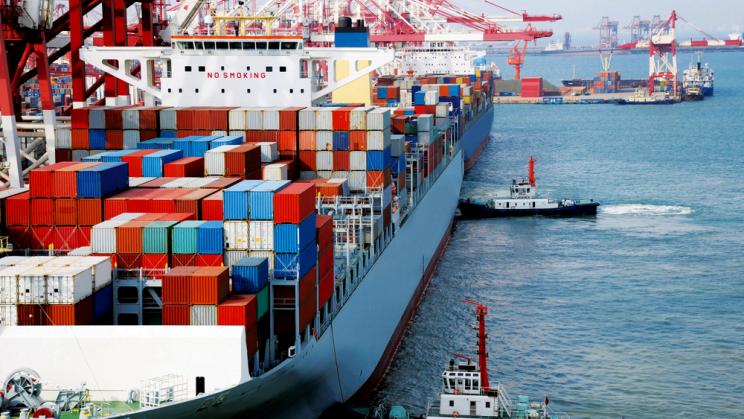
SIPRI and the Friedrich-Ebert-Stiftung (FES) will continue their cooperation on researching China’s Belt and Road Initiative (BRI) from a security perspective.
In 2016–17, the first leg of the cooperation looked at the security implications of the Silk Road Economic Belt–the terrestrial component of the BRI–in Central and South Asia, examining possible avenues of collaboration with the European Union.
The second leg examines the security implications of the BRI’s maritime component, the 21st Century Maritime Silk Road, in South East Asia, and the Indian Ocean Region.
The key deliverable of this project is a policy report based largely on qualitative data collected through desk and field research. Field research will revolve around three regional workshops: one each in Manila, The Philippines; Yangon, Myanmar; and Shanghai, China.
The policy report will be out in June 2018 and should be of interest to all Maritime Silk Road stakeholders, yet will concentrate on the EU’s foreign and security interests.
SIPRI and the Silk Road Economic Belt
Read SIPRI's first report, 'The Silk Road Economic Belt: Considering security implications and EU–China cooperation prospects', and accompanying Topical Backgrounders: 'The Silk Road Economic Belt: How does it interact with Eurasian security dynamics?'; 'The EU: Pondering strategic engagement with China's Belt and Road Initiative', as well as the livestream of a launch event in Stockholm for the 2017 report.
Read more here about SIPRI's previous research on maritime transport and security.